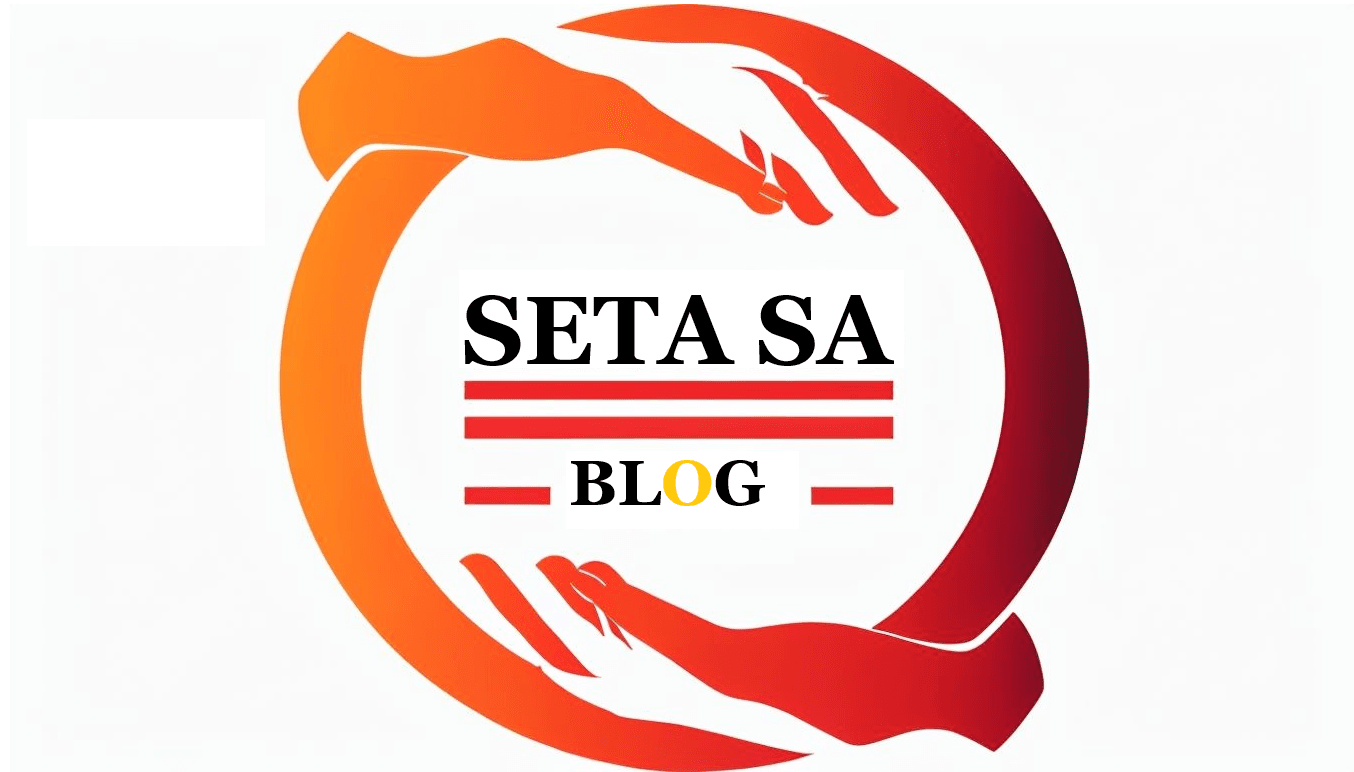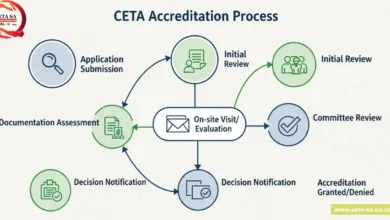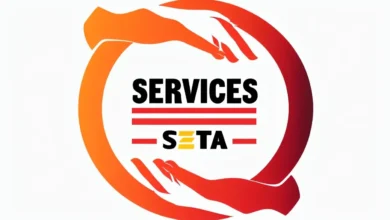What Does SETA Stand For?
If you’re wondering what a SETA does, think of it as a South African agency that helps businesses and learners grow skills that match the market. A SETA’s job is to design training programmes, certify that learning is on track, and make sure companies meet labour laws about occupational safety and skills development. In short, a SETA keeps the workforce sharp and ready for the challenges of tomorrow.
SETA: The Full Form
SETA stands for Sector Education and Training Authority. These authorities are set up by the South African government to cover specific industry sectors—like mining, tourism, or health. Each SETA knows the unique needs of its sector and works closely with employers, training providers, and learners to deliver relevant skills.
Why South Africa Needs SETAs
South Africa faces a wide range of labour market gaps. Some jobs require highly specialised skills, while others need basic technical knowledge. By creating sector‑specific authorities, the country can target training more precisely. SETAs also ensure that training is affordable, accessible, and aligned with the latest industry standards.
Funding and Support
SETA programmes are funded through a mix of government money, employer contributions, and learner fees. This blended funding model means that companies pay a small share of the cost, which encourages them to invest in their own workforce. Learners benefit from subsidised tuition and the chance to earn nationally recognised certificates.
Regulation and Compliance
Every SETA must follow the Skills Development Act, which sets out rules for quality assurance, learner assessment, and workplace safety. By monitoring training providers and awarding qualifications, SETAs help protect learners from low‑quality courses and ensure that employers get workers who meet the sector’s standards.
How a SETA Works in Practice
Let’s walk through a typical day. A business in the tourism sector hires a new guide. The guide needs to know safety procedures, first aid, and local heritage facts. The tourism SETA offers a short course that covers all these topics, using both classroom lessons and on‑the‑job training. Once the guide completes the course, the SETA issues a certificate that the employer can use to prove compliance with the Skills Development Act.
Employer Collaboration
SETA teams meet with industry leaders to identify skill gaps. They then design training modules that fit the real world—no fluff, just the skills that matter. By working together, employers can shape the future workforce to meet their needs.
Learner Support
SETA programmes are open to everyone, from high‑school graduates to seasoned professionals. Many courses offer flexible schedules, online options, and even mobile learning. Learners also receive guidance on career pathways, helping them see how a particular qualification can lead to better jobs.
Impact on the Economy
When workers are better trained, businesses become more productive, and the economy grows. SETAs have helped thousands of South Africans gain the skills they need to get hired, stay employed, and advance in their careers. This ripple effect creates a more stable job market and reduces the skills gap that often stalls growth.
How to Get Involved
If you’re a student, check with your local SETA for courses that match your interests. Employers can partner with SETAs to develop custom training for their teams. And if you’re a policy maker, supporting SETAs strengthens the entire skills ecosystem.
Wrapping It Up
SETA, or Sector Education and Training Authority, is a cornerstone of South Africa’s skills development strategy. By aligning training with industry needs, funding it through a mix of public and private sources, and enforcing quality standards, SETAs help create a workforce that’s ready for the challenges of today and tomorrow.
FAQs
SETA courses cover everything from technical trades and safety procedures to soft skills like communication and leadership. Each course is tailored to the needs of its sector.
Anyone, from high‑school graduates to experienced professionals, can join. The programmes are designed to be inclusive and often offer flexible learning options.
Not entirely. While many courses receive government subsidies, learners usually pay a modest fee. Employers also contribute a portion, which helps keep costs down.
Each SETA follows the Skills Development Act’s rules, conducts regular audits, and uses certified trainers. Learners receive nationally recognised certificates that verify the training’s credibility.
No, SETAs are government‑established bodies. However, companies can partner with existing SETAs to develop custom training or sponsor courses for their staff.






